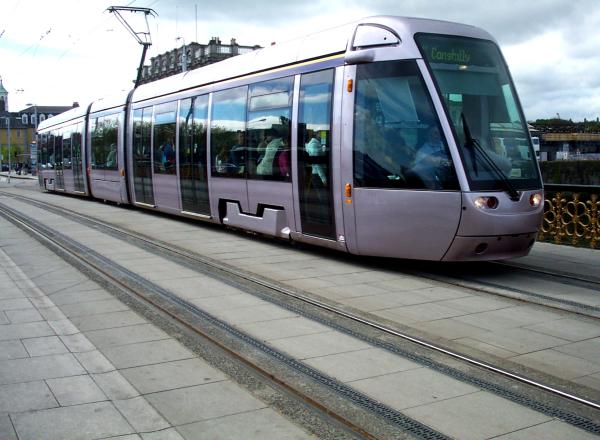Wavepacket Blog displaying only one specific post |
| 2010 | |
| July | |
| Tue Jul 6 20:31:50 2010 Nimble Cities |
|
| >> links >> | |
| Tue Jul 6 20:31:50 2010 Nimble Cities Vote for my submission in Slate's contest! |
|||||
I happened to be reading
Slate (have you noticed I read that website a lot?) and saw that they were still
accepting submissions for their
Nimble Cities contest. The question, as they put it:
And then, according to their Hive series, they'd allow people to vote and let the people decide on the winner. On the whole, I'm not impressed with their system or the question. They seemed to want a lot of crazy ideas, such as pneumatic tube networks and zeppelins (those are the examples they started with). They wanted to believe one magic transport solution would work, and I'm not so sure. But no mind! The clock was ticking, and I had only 30 minutes over lunch to submit my entry. Here it is: Compact and Decentralized The main goal is to reduce congestion and pollution. In practice that means having people drive less, by rearranging how communities are laid out, and providing practical transport alternatives. A good benchmark: no one should have to drive to work. The long term goal should be to make cities compact again. This will reduce gas consumption, even if everyone continues to use cars, and will make public transport more practical. The best layout is hierarchical: densely populated central hubs connected to each other by high-speed public transport (trains most likely), with each hub supporting a radial public transport network (buses and subways, and dedicated arterials for walkers and cyclists). Incentives to communities:
That's it. Wicked, right? You can also see it at Slate here. However, it turns out I misread the notice. They were still accepting submissions, but voting was about to end. So my submission was only live for an hour or so before they turned off voting. Even so, I managed to get a vote! Woo-hoo! Coming back to why I'm unimpressed with the Hive series, check out the winner of the contest. His solution?
Yes, the solution for our cities is to keep everyone driving, and give them smaller cars. At first I thought this was an awesome joke entry! But now I see it is serious. Oh well. One theme kept coming up in multiple entries (including mine): have dedicated roads for cyclists and pedestrians! Not lanes, but entire roads. You can't vote for my entry on Slate, but you can vote for it here! Comments |
Related: economics Unrelated: books energy environment geopolitics lists mathematics predictions science |
||||
| Links: |  |
Blog Directory | Blog Blog | Technorati Profile | Strange Attractor |
